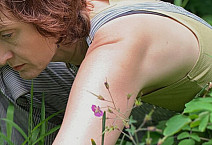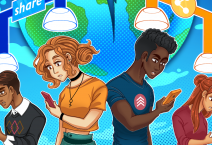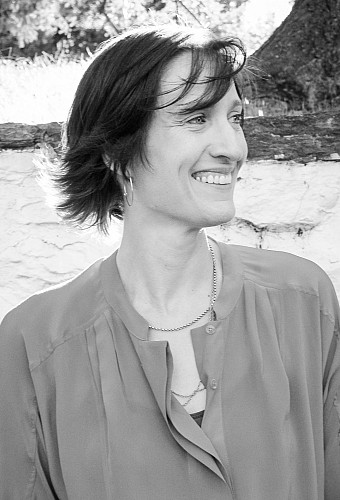Louise Woodstock
Dr. Louise Woodstock came to Ursinus in 2003.
The driving question that animates her research is “how do people talk about ‘communication’?” In mediated culture, most often this question is answered in reductive ways: communication is inherently healing, more communication is better, and all we really need to do to solve our problems is to communicate. She has tracked this issue in widely various venues, including self-help books, women’s magazines, news, reality television, and most recently among media resisters, people who avoid media often based on their critique that rather than extend and strengthen human connection, communication technologies actually make interpersonal communication more tenuous. Her work has appeared in leading communication journals including: the International Journal of Communication, Journalism, and The Communication Review.
Department
Degrees
- B.A., Oberlin College
- M.A., Ph.D., University of Pennsylvania
Teaching
- MCS205: Media and Society
- MCS292W: Communication Theory and Research
- MCS 330: History and Theory of Freedom of Expression
- MCS 355: Technology and Culture
- MCS 366: Digital Democracy
- MCS 460W: Seminar in Communication Criticism
Research Interests
- journalism studies
- new communication technologies
- critical and cultural studies
- therapeutic discourse
- media resistance
Recent Work
“It’s kind of like an assault, you know”: media resisters’ meta-decoding practices of media culture” in Stuart Hall Lives: Cultural Studies in an Age of Digital Media. Eds. Peter Decherney and Katherine Sender. 2018. New York: Routledge, pp47-56.
“Media Resistance: Opportunities for Practice Theory and New Media Research.” International Journal of Communication 8 (2014), 1983–2001.
“The news-democracy narrative and the unexpected benefits of limited news consumption: the case of news resisters.” Journalism: Theory, Practice, and Criticism. first published on October 28, 2013 as doi:10.1177/1464884913504260
“Tattoo Therapy: Storying the Self in Neoliberal Times.” The Journal of Popular Culture. Early View Online, March 2011.



